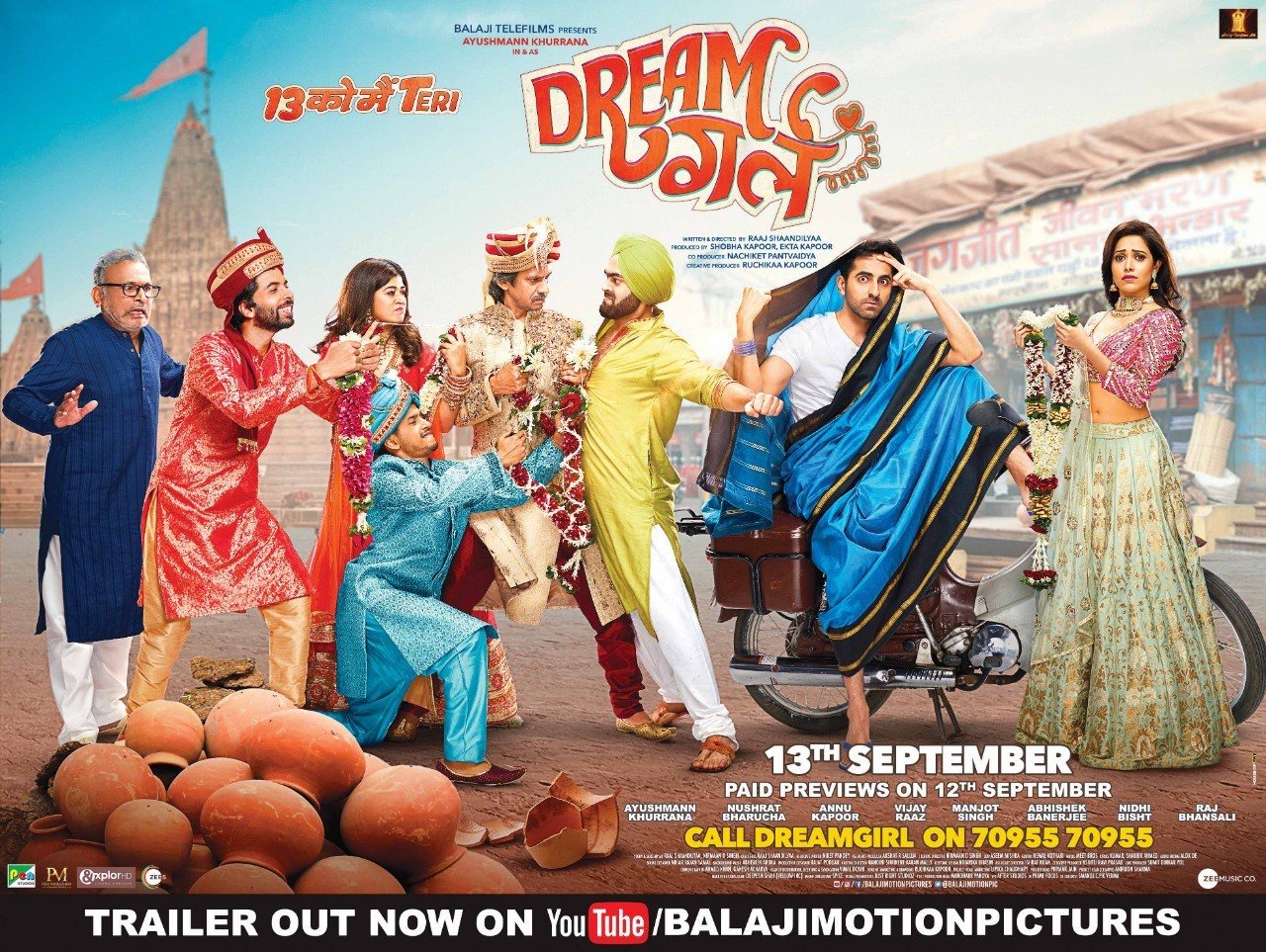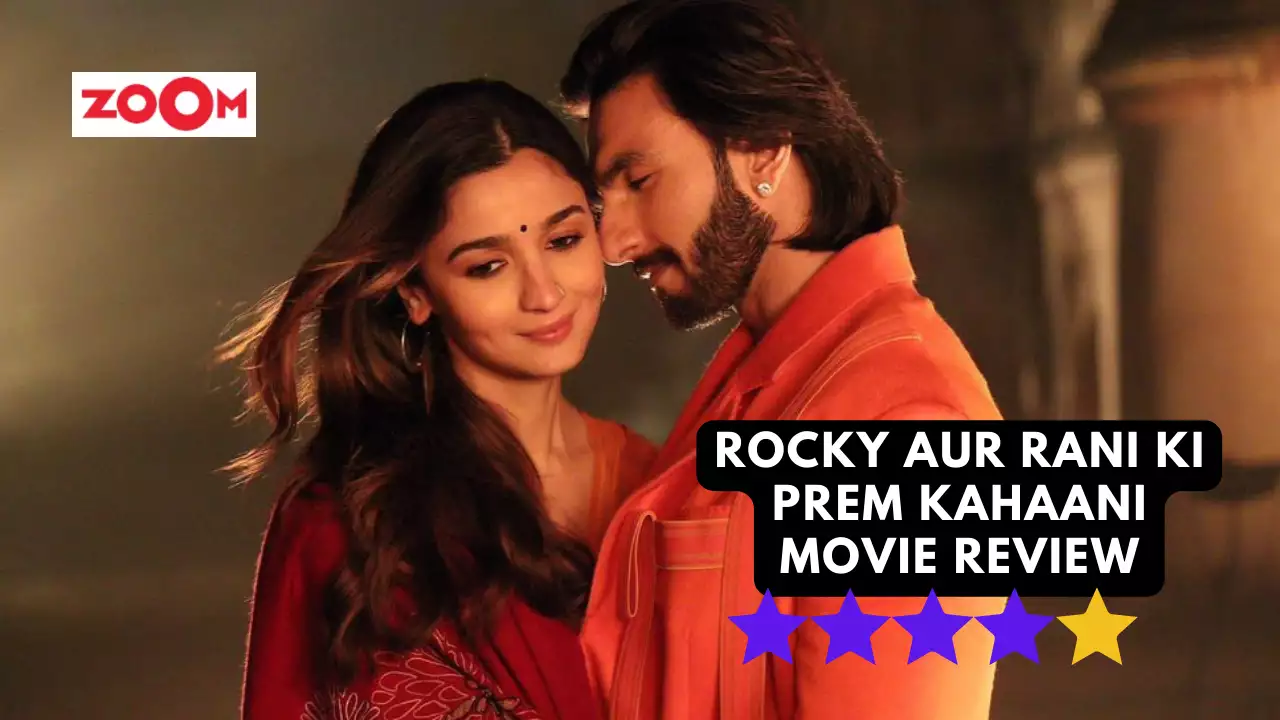Dream Girl: Accepting Love, Identity, and Laughter
A Cinematic Escapade: Exploring the Whimsical World of “Dream Girl” In the world of Indian cinema, a dash of fantasy is frequently woven into the narrative threads. Bollywood love comedy “Dream Girl,” which offers fans an endearing and funny voyage into a society where identities are muddled and laughter rulesContinue Reading

